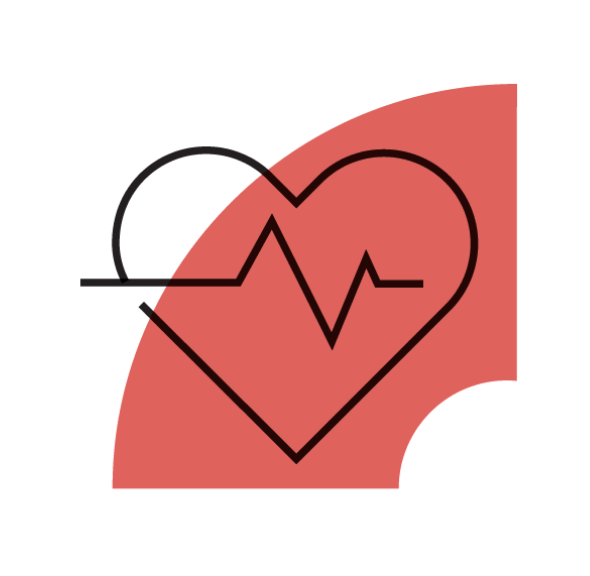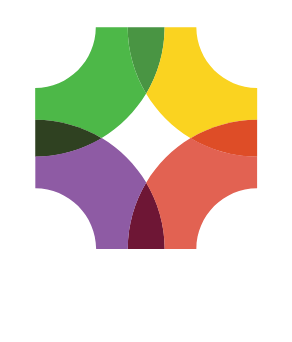Advancing health equity through community partnerships in Central Pennsylvania.

Early Care & Education
Access to safe places to play and walk, such as parks, safe streets, trails, and greenways, is important for physical activity.
It is also important to be able to safely and easily walk, bike, or take transit to everyday destinations such as homes, workplaces, schools, parks, health care, and food outlets.
Additionally, many people from racial and ethnic minority groups and rural areas are less likely to have access to these safe spaces. Historical land use as well as housing and transportation policies can contribute to limited access. People impacted by these disparities are also less likely to meet the physical activity recommendations.
Designing communities to provide access to these safe spaces for everyone helps increase physical activity and can provide better places to live. It can also help improve health equity.
STRATEGY
The Penn State REACH project will support implementation of state and local level policies and activities to connect pedestrian, bicycle, or transit transportation networks (e.g., activity-friendly routes to everyday destinations).
SHORT TERM OUTCOMES
Working alongside our community partners, the Penn State REACH project will work to increase policies, plans, or community design changes that increase access to physical activity.
LONG TERM OUTCOMES
By partnering with community organizations as well as local policy makers, the Penn State REACH project will work to increase access to places for physical activity, both routes and destinations.

Nutrition Security
Promote food service and nutrition guidelines and the expansion of existing fruit and vegetable voucher incentives and/or produce prescription programs.

Physical Activity
Develop policies and activities to connect pedestrian, bicycle, or transit transportation networks (called activity friendly routes) to everyday destinations.

Early Care And Education
Advance policies and activities that improve nutrition, physical activity, and breastfeeding, and uplift Farm to ECE programs.

Vaccination
Implement practices to increase awareness, confidence, demand, and access to flu, COVID-19, and other routinely recommended adult vaccines.

Contact Us

Contact Us

Contact Us

Contact Us

Contact Us

Contact Us

Contact Us

Contact Us

Contact Us

Contact Us

Contact Us

Contact Us

Contact Us

Contact Us

Contact Us

Contact Us

Contact Us

Contact Us

Contact Us

Contact Us

Contact Us

Contact Us

Contact Us

Contact Us

Contact Us

Contact Us

Contact Us

Contact Us

Contact Us

Contact Us

Contact Us

Contact Us

Contact Us

Contact Us

Contact Us

Contact Us

Contact Us

Contact Us

Contact Us


